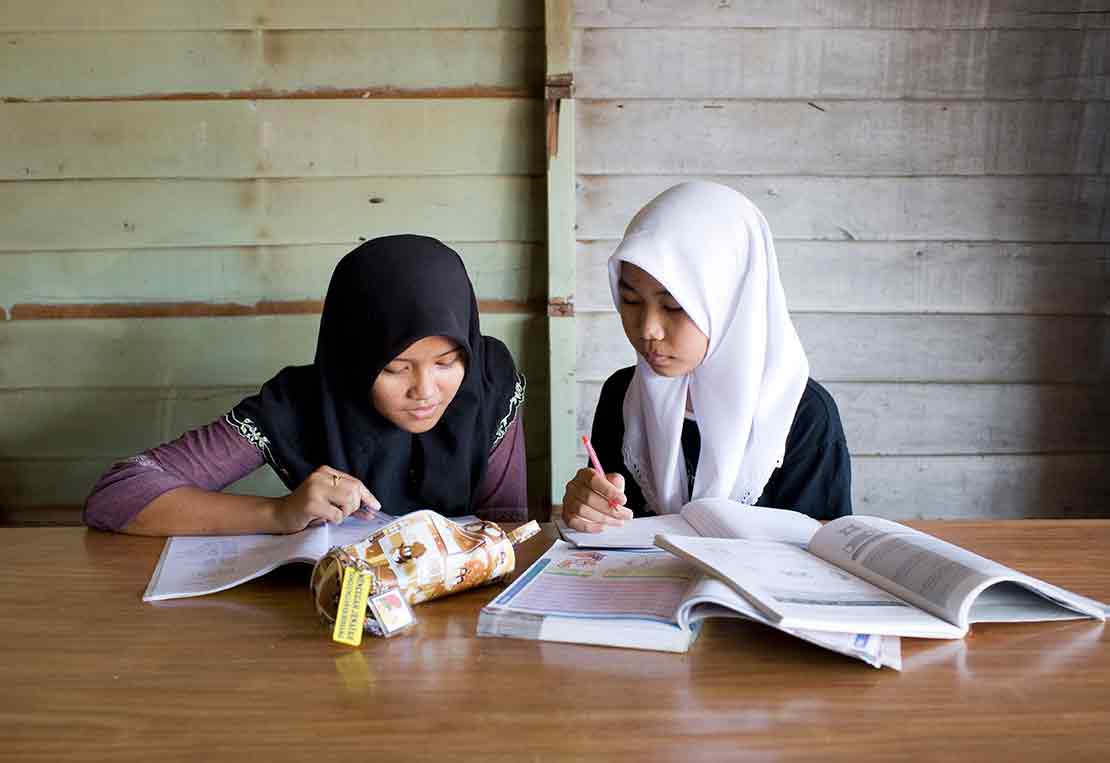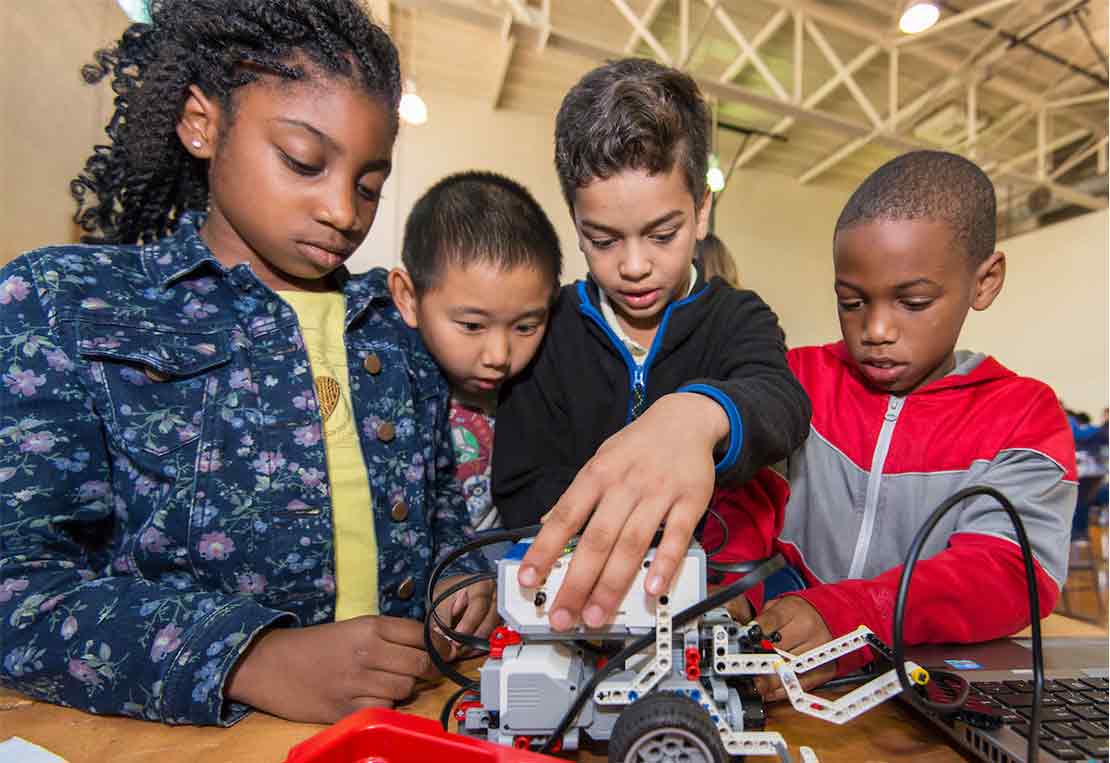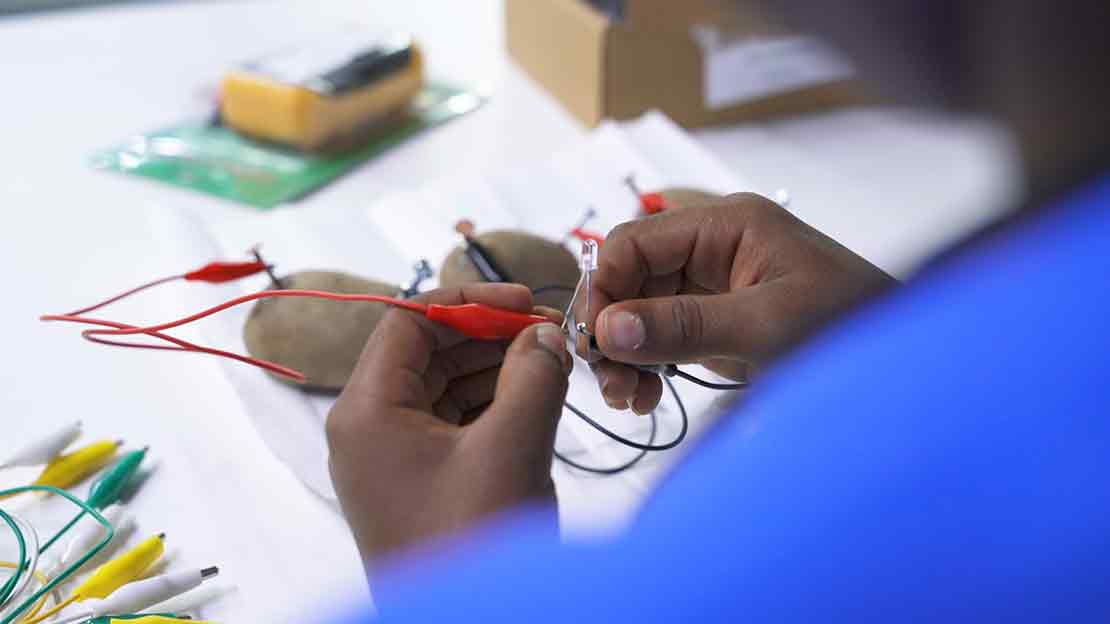Educational outreach
Supporting school-age students, teachers, and PhD and postdoctoral women researchers, with an emphasis on STEM subjects

The transformative power of education
At SLB, we recognize the transformative power of education in building connections with the communities where we operate. Our commitment to UN Sustainable Development Goal 4 drives our investments in quality education, particularly for women and young individuals from underprivileged backgrounds, emphasizing technology and STEM fields. Presently, our educational outreach focuses on three key programs: Faculty for the Future, SLB Excellence in Education Development (SEED), and Health, Safety, and Environment (HSE) for Youth.


HSE for Youth
SLB is committed to promoting HSE learning among children and passing on our HSE leadership and experience to the next generation of SLB families, customers, and communities. Since 2008, our employees have shared their expertise through our HSE for Youth programs, training sessions, and modules covering first aid, internet safety, injury prevention, climate change, water sanitation, road safety, personal security, and prevention of HIV/AIDS, malaria, and COVID-19. We aim to inform and empower young people to make responsible and safer decisions regarding HSE issues.
Faculty for the Future
Since the program's launch in 2004, 915 women from 93 countries have received Faculty for the Future fellowships to pursue PhD and postdoctoral STEM research programs at universities and research institutions worldwide. For the academic year 2024–2025, the Schlumberger Foundation renewed 86 fellowships and awarded 53 new ones.
The SEED Program
We are proud to continue the quarter-century legacy of our SLB Excellence in Education (SEED) program. Since 1998, the program has been instrumental in providing STEM learning opportunities and establishing STEM-rich learning environments for hundreds of thousands of young people and is currently active in 28 countries.
Our theory of change
This theory articulates how STEM activities are expected to ignite change in young people and their communities. It establishes goals for operationalizing SEED programs:
- Learning by doing: Deliver active, inquiry-based learning, structured around local problems to enable social change through innovation and action.
- Transformation: Use STEM activities to build the capacity of local educators, young people, and communities.
- Involvement: Lead from below and rely on the passion and expertise of our employee volunteers to drive programs.
- Relevance: Establish partnerships to provide insights into local needs, resources, and systems to further support efforts.

SLB teams are igniting a passion for learning around the globe
The content of this publication has not been approved by the United Nations and does not reflect the views of the United Nations or its officials or Member States.
